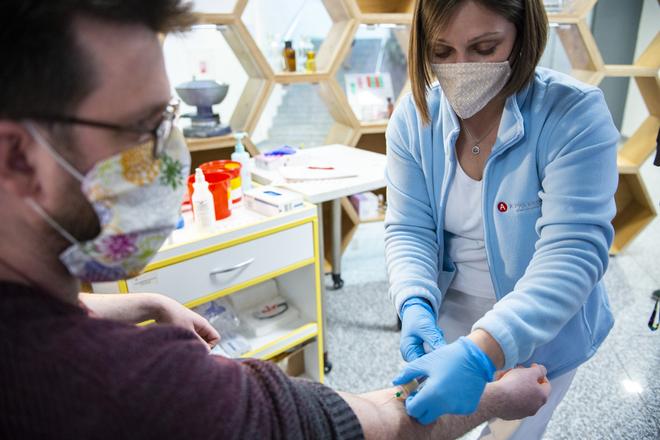How much is a human life worth? To most people, that is a cynical question that should have no answer. To analysts who provide reports that are later used, for instance, in deciding about COVID-19 measures, it is a very concrete problem to solve.
In a pandemic like the one the humanity is experiencing with COVID-19, these questions, cynical at the best of times, have become even more delicate, as governments take drastic measures hindering economies to prevent the novel coronavirus from spreading further. Analysts have the concepts they use to make these calculations, but point out that the numbers cannot simply be applied without ethical considerations and utmost caution.
The Institute of Economic and Social Studies (INESS) non-governmental think tank recently introduced their latest analysis, called How Much is a Human Life Worth?, providing a view of how economists calculate the value of human life.
“The fight against the COVID-19 pandemic is far from costless and at a certain moment we will get into a situation when damage, including that on health, caused by additional measures will exceed saved lives and health,” said INESS analyst Martin Vlachynský. “Given the scale of the pandemic, damage from a thoughtless approach to stopping the pandemic can lead to the country’s complete economic and social disintegration.”
Nevertheless, he is not suggesting that decisions taken amidst the pandemic should strictly follow mathematic calculations on the value of human life. It is a much more complex matter.



 Illustrative stock photo (source: TASR)
Illustrative stock photo (source: TASR)